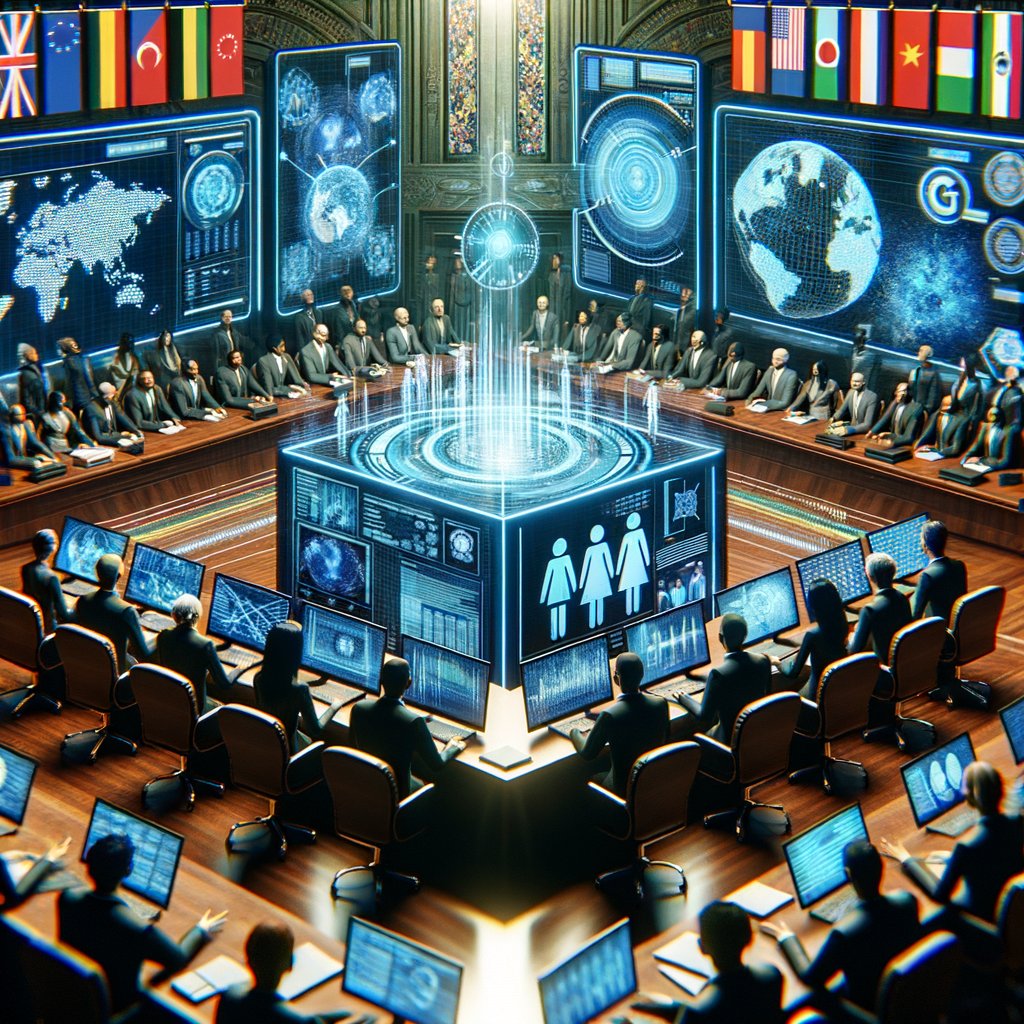Image created by AI
AfriForum Pursues International Legal Channels to Combat "Kill the Boer" Chants
AfriForum, a South African civil rights organization, has initiated a significant legal strategy to address the international community regarding what they deem as incitements of violence against Afrikaners and farmers through the "Kill the Boer" chant. This strategic shift to international legal arenas follows a disappointing verdict from the Constitutional Court of South Africa, which refused AfriForum's plea for an appeal on previous court decisions that deemed the chant legally permissible.
The determination to move the battle beyond South African borders was reinforced after remarks from U.S. Secretary of State, Marco Rubio, brought the issue into an international spotlight. Rubio’s condemnation of the chant on the social media platform X emphasized the urgency to address these invocations of violence and the need for South African leadership to uphold the security of its minorities.
According to Kallie Kriel, CEO of AfriForum, the international approach will not only include seeking legal redress but will also entail a concerted effort to engage international authorities and thought leaders. The objective is to spotlight the South African judiciary's stance on what AfriForum argues is a clear incitement to violence.
This move is not AfriForum’s first attempt to address what they believe is a systemic failure to protect Afrikaners’ human rights. In addition to international legal efforts, the organization plans to expand its local initiatives, including its 177 neighborhood and farm watch programs. These programs aim to bolster community-driven safety measures amidst what Kriel described as inadequate governmental protection.
AfriForum's pushback has been rooted in a broader discourse on national identity, minority rights, and the boundaries of free speech. While the chant has historical roots in political struggles, its contemporary implications have been contentious, igniting fierce debates across the political and social spectrums in South Africa.
As this issue garners global attention, it raises complex questions about the reconciliation between freedom of expression and the right to safety, the obligations of national governments to protect minorities, and the international community’s role in safeguarding human rights on a global scale. AfriForum's international legal challenge could potentially set critical precedents in how such culturally and politically charged expressions are regulated worldwide.










